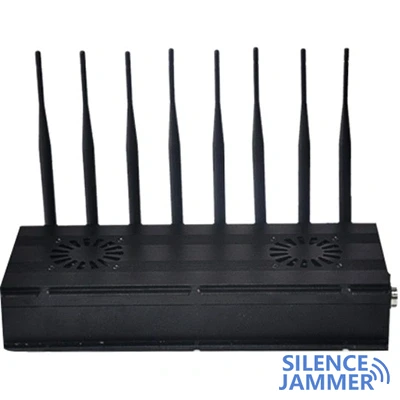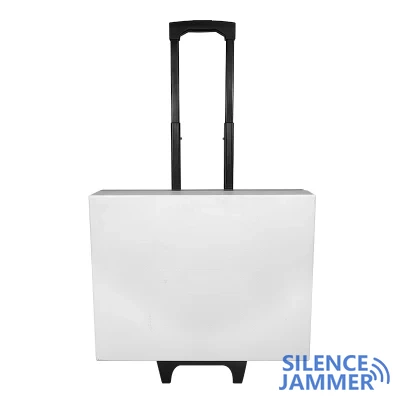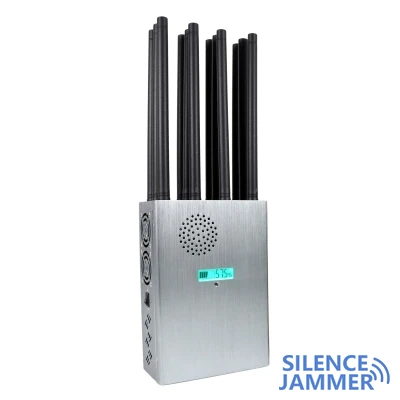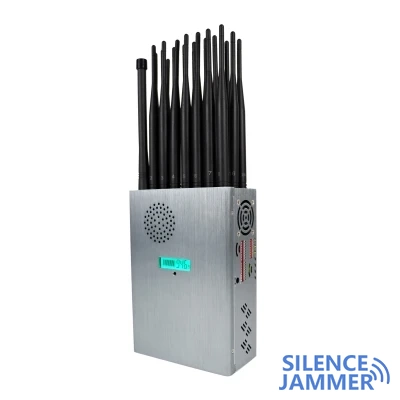The rise of GPS blocking signal jammers as a tool of war
As a tool to block signals, the application of GPS blocking signal jammerrs is rapidly expanding from civilian to military. With the continuous advancement of science and technology, jammers have developed into an important military weapon and are widely used on the battlefield. Four US officials revealed that Russian troops successfully interfered with the operations of several US military drones over Syria, seriously affecting the US military deployment. Officials pointed out that after a suspected chemical weapons attack in the Eastern Ghouta region, Russia began to conduct GPS interference on small US drones operating in the region to prevent possible retaliation by the US military.

Russia's interference operations
Senator Ben Sasse expressed concern, saying that "Russia wants to destroy our interests." Dr. Todd Humphreys, director of the Radio Navigation Laboratory at the University of Texas at Austin, also pointed out that jamming the GPS signal of a drone is actually very simple, just blocking or interfering with the drone's reception of signals from GPS satellites. These jamming operations highlight the importance and destructive power of jammers in modern warfare.

Controversy over the use of jammers in prisons
At the same time, the use of jammers in the civilian sector has also sparked controversy. For example, a company called CellAntenna tried to take advantage of the problem of mobile phone smuggling in prisons to expand its product line. They submitted a rulemaking petition to the FCC and sponsored a bill to allow the use of mobile phone jammers in prisons. Although this proposal has been supported by some prison officials, it has also faced huge opposition.

Voices against jammers
Experts such as Harold Field oppose the use of jammers in prisons and believe that this is not a good idea. They point out that while jammers can prevent mobile phone smuggling to a certain extent, they may also have other negative effects. For example, jammers may affect the normal operation of emergency communication systems and endanger security and order inside prisons.
Presidential response and constitutional guarantees
In response to the parliamentary debate on the State of the Nation Address, President Jacob Zuma emphasized the importance of respecting Section 16 of the Constitution, which guarantees freedom of association, speech and the media. Zuma called on the government to take into full account the fundamental rights of citizens when using technological tools and not to abuse technological means such as jammers to restrict the freedom of the public. He said that the security team has resolved and clarified the issues related to House Signal Distribution's GPS blocking signal jammers.
Conclusion
The widespread use of jammers, which have evolved from civilian tools to military weapons, has caused a lot of controversy. Although jammers have demonstrated powerful destructive power on the battlefield, their use in the civilian field must carefully consider their potential negative impacts. While promoting the development of jammer technology, the government and relevant agencies must ensure that its use does not violate basic constitutional rights and public safety principles.




